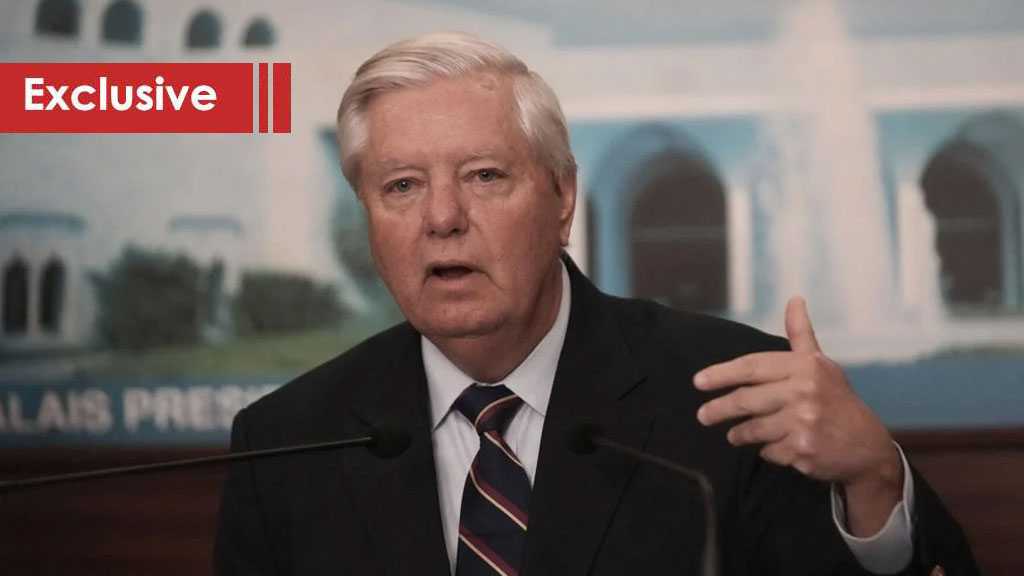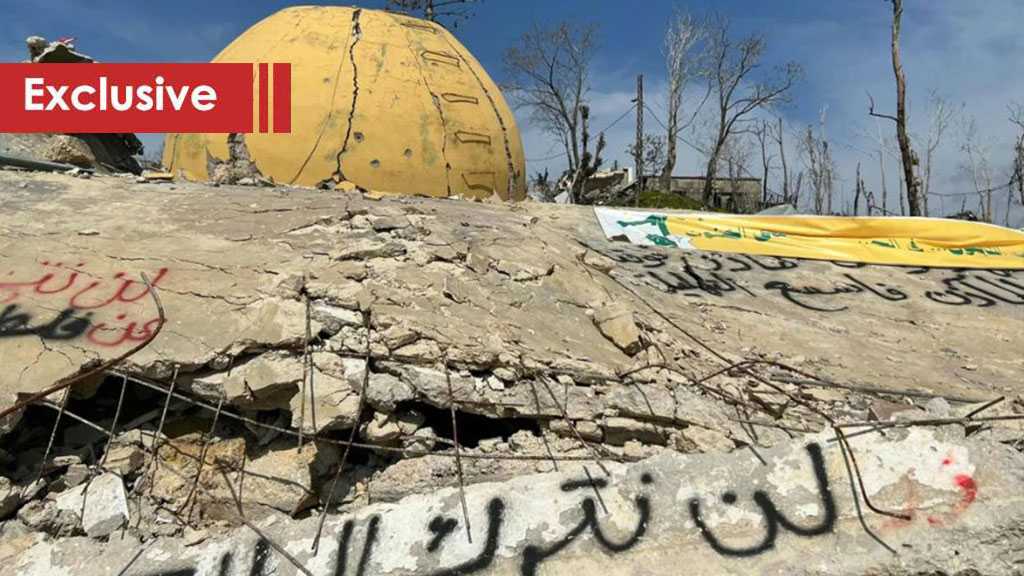Diplomatic War Between “Israel” and Europe: A Complex Legacy and Shifting Alliances

By Mohamad Hammoud
Introduction: A Fractured Alliance
Lebanon – The ongoing conflict in Gaza has created a severe humanitarian crisis and exposed significant cracks in diplomatic relations between “Israel” and several European nations. Historically, these countries maintained strong military and diplomatic ties with “Israel.” However, in light of widely documented actions by “Israel,” Europe’s stance has shifted dramatically, leading to mass protests and prompting governments to reevaluate their policies. The current strained relationship between “Israel” and Europe illustrates a complex interplay of historical grievances, colonial legacies, and changing public opinion, revealing the alliance’s inherent fragility.
Colonial Roots of Middle Eastern Turmoil
Much of the modern instability in the Middle East can be traced back to British colonial policies during and after World War I, which included three contradictory promises regarding Palestine:
The McMahon-Hussein Correspondence [1915] promised Arab independence, including Palestine. The Sykes-Picot Agreement [1916] divided the region between Britain and France, placing Palestine under international control. The Balfour Declaration [1917] supported establishing a “national home for the Jewish people” in Palestine.
Following the Balfour Declaration, the British began supporting the Zionist cause by facilitating Jewish immigration to Palestine, though this support was inconsistent. After the Holocaust, global sympathy for a Jewish state increased, leading to the 1947 UN partition plan and the establishment of “Israel” in 1948.
Europe’s Historical Engagement: Support and Ambivalence
Diplomatic relations with “Israel” began in 1959, and by 1994 the EU granted “Israel” special status, reflecting its advanced economic development and strategic importance.
Although the EU consistently tied the deepening of relations with “Israel” to progress in the “Israeli”-Palestinian peace process, it largely refrained from applying substantial pressure to ensure compliance. This cautious approach was evident in internal EU debates, which often revealed sharp divisions. While some member states advocated for punitive measures against “Israel” over settlement expansion and human rights violations, others prioritized maintaining security cooperation and honoring longstanding historical ties.
This divide became clear during a United Nations General Assembly vote in October 2023 on a humanitarian truce in Gaza. Eight EU countries—including France and Spain—supported the resolution, while Austria and Hungary opposed it, and central states like Germany and Italy abstained. Such divisions hinder the EU’s ability to present a unified front, often resulting in diluted diplomatic pressure on “Israel.”
European Responses to the Recent Gaza Conflict
Following the October 7, 2023 operations, many European leaders initially expressed solidarity with “Israel.” Yet, as military operations in Gaza intensified, causing extensive civilian casualties, public opinion and governmental stances began to shift. Countries like Spain and Ireland condemned “Israel’s” actions, with Spain’s Episcopal Conference calling for sanctions, including a military embargo. The Spanish Congress approved an arms embargo, and the EU initiated a review of its association agreement with “Israel” over human rights compliance.
France took notable steps by banning "Israeli" military firms from the 2024 Eurosatory arms fair, with President Macron advocating halting arms deliveries to prioritize political solutions. These measures signify a growing willingness among some European states to challenge “Israel” diplomatically.
“Israel’s” Defiant Response
In reaction to European criticism, Prime Minister Benjamin Netanyahu adopted a defiant stance, accusing Western leaders of siding with Hamas and spreading propaganda. He linked operations on “Israeli” embassy staff abroad to rising antisemitism fueled by backlash against “Israel’s” Gaza operations. Diplomatically, “Israel” closed its embassy in Ireland in late 2024, citing what it described as Irish demonization during the conflict. Irish officials, however, reaffirmed their commitment to dialogue and international law, rejecting accusations of bias.
The False Flag Danger: ISIS
In this volatile environment, where European public opinion has turned significantly against “Israel’s” policies, there exists a disturbing potential for manipulation. It would not be surprising if extremist groups like ISIS were to stage attacks in Europe with covert support from intelligence agencies such as Mossad, aiming to redirect European animosity from “Israel” back toward Palestinians and Muslim populations generally.
There are historical precedents for such operations. During the Syrian civil war, “Israel” frequently accused Hamas of being equivalent to ISIS, with Benjamin Netanyahu asserting, “Hamas is ISIS and ISIS is Hamas” in a 2014 UN speech. This comparison was widely criticized; Talal Abu Zarifa of the secular DFLP noted “Israel” used it to “justify its annihilation of Palestinian people.”
The mechanism would be straightforward: an ISIS attack in Europe would trigger Islamophobic backlash, allowing pro-“Israel” voices to frame the “Israeli”-Palestinian conflict as part of Europe’s own security concerns. European governments facing domestic terror threats might then soften their criticism of “Israel” and harden their stance against Palestinian rights movements. The recent history of far-right groups exploiting terror attacks to push anti-Muslim agendas provides a ready-made playbook for such a strategy.
Conclusion: A Delicate Balance
The diplomatic war between “Israel” and Europe represents a clash between historical ties, economic interests, and evolving human rights norms. Britain’s colonial duplicity planted the seeds of conflict, Europe’s post-war institutions tried to balance relations with both parties, and recent “Israeli” actions have tested that balance to breaking point. As European publics become more aware of Palestinian suffering, their governments face increasing pressure to take stronger stances—pressure that could provoke desperate countermeasures from those invested in maintaining “Israel’s” impunity.
In this high-stakes environment, the truth becomes the first casualty, and the specter of manufactured terror looms large as a potential game-changer in the battle for European hearts and minds. The coming years will reveal whether European institutions can maintain their commitment to human rights principles or succumb to fear and manipulation in this protracted diplomatic war.




